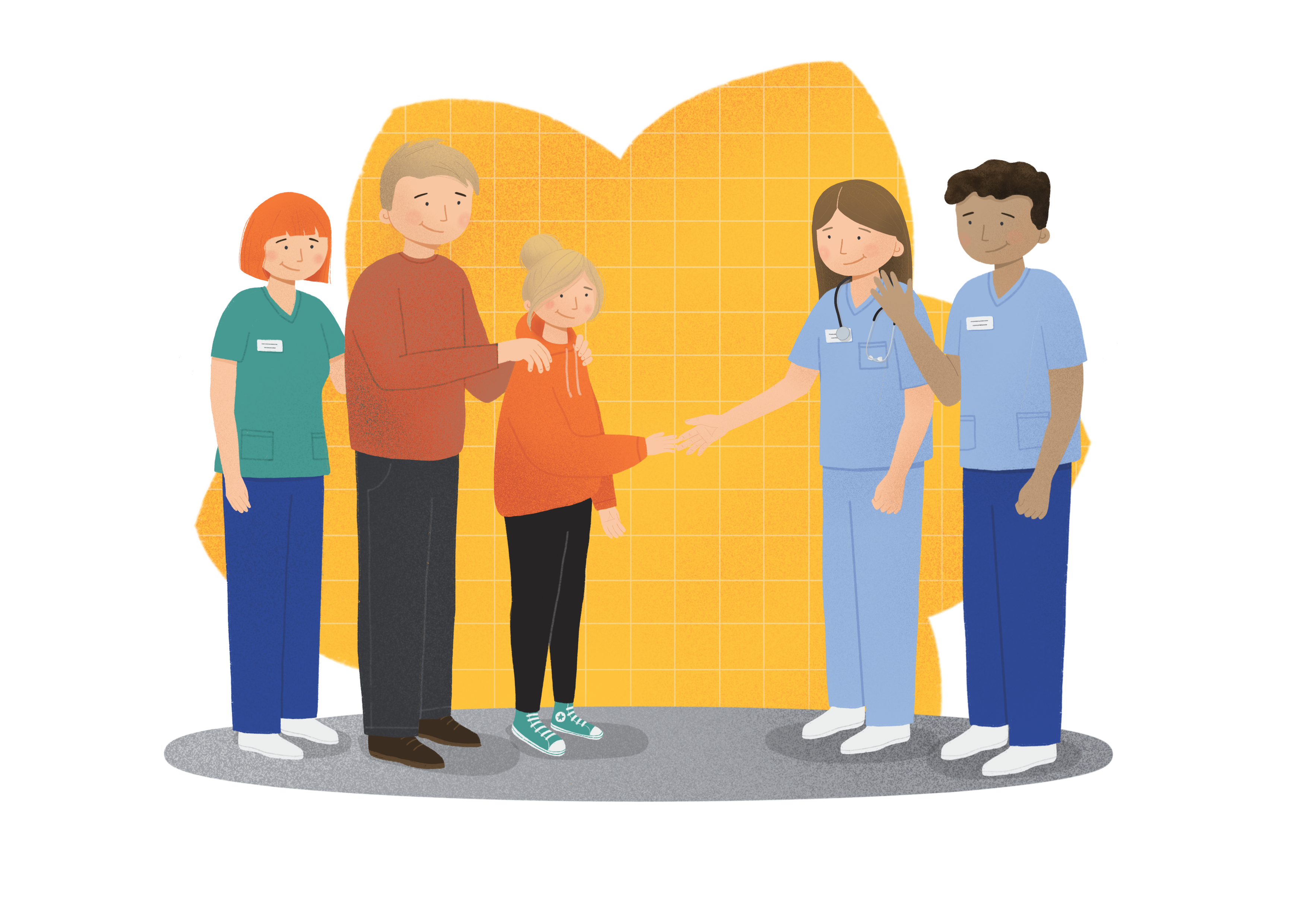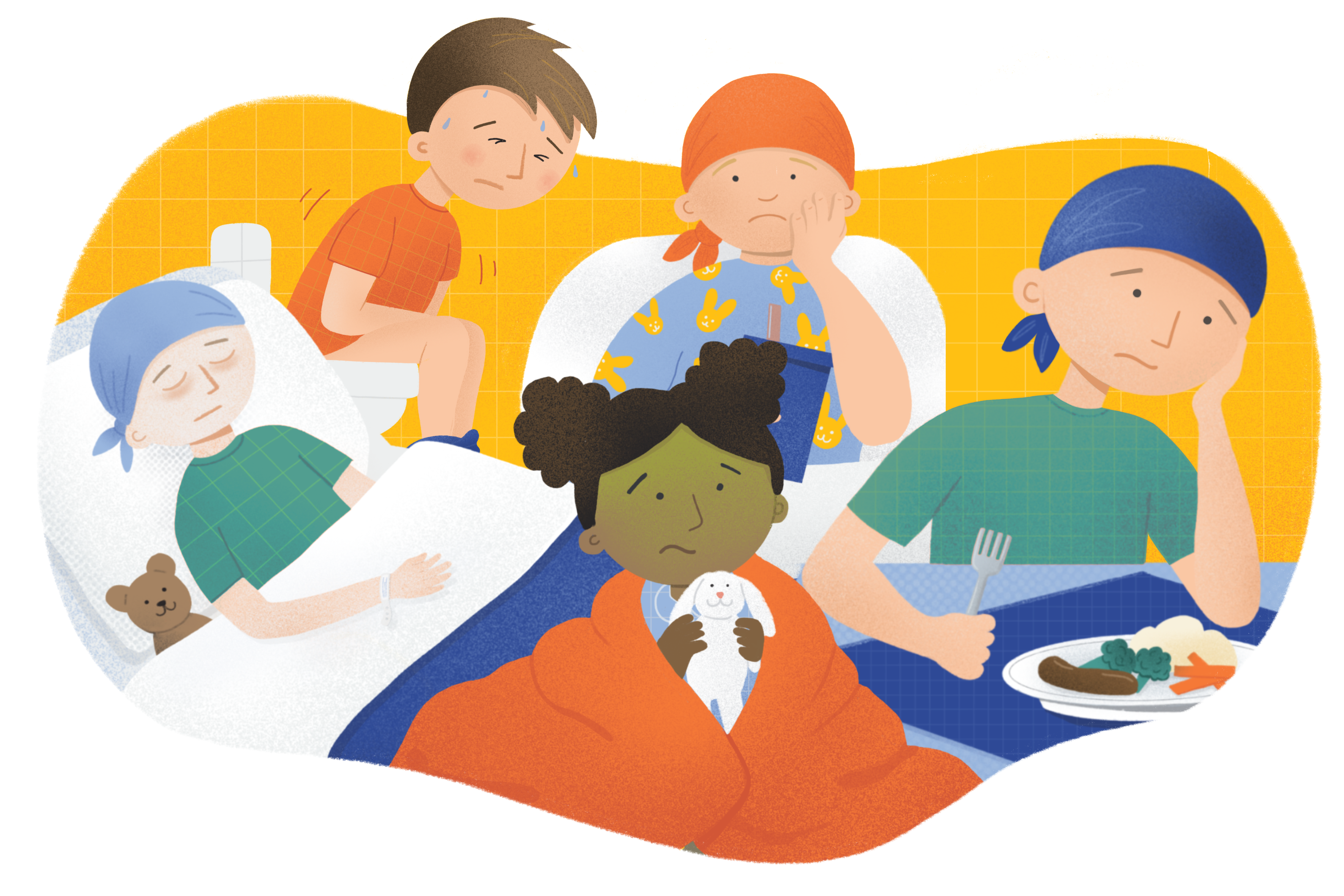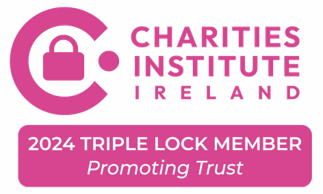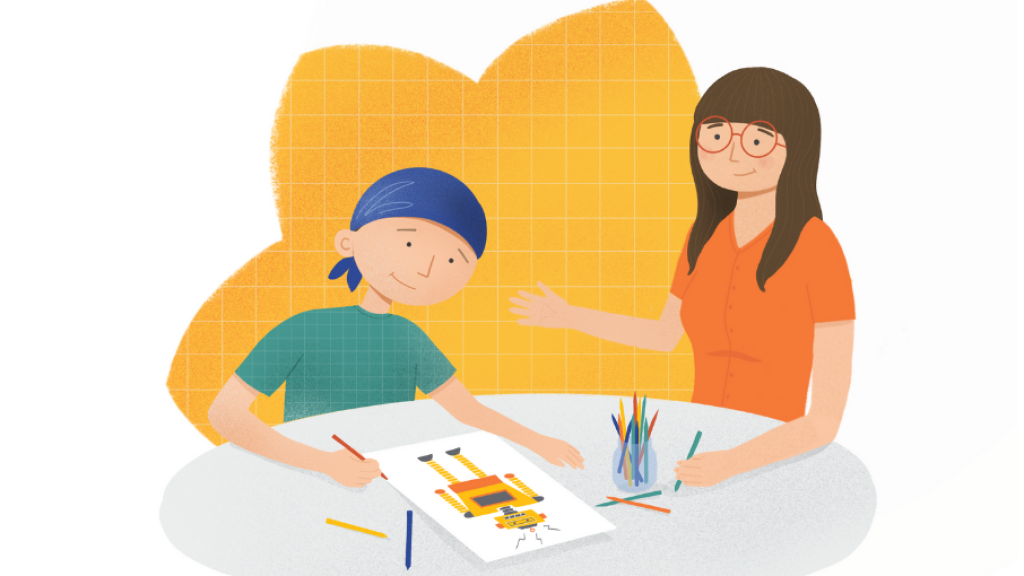
Creative arts therapy
Learn more about the Irish Cancer Society's free Creative Arts Therapy for Children, Adolescents, and Young adults with or in survivorship of cancer, and their siblings.
Child, Adolescence, and Young Adult (CAYA) cancer diagnosis and subsequent treatments can impact the social, emotional, and developmental needs of the person with cancer and their relationships with the family or caregivers that support them.
Talking about cancer can be hard, especially for CAYA. This age group are innately creative and express themselves, interact, and communicate through non-verbal and creative means eg. makeup, social media, fashion, and music.
The Irish Cancer Society is now offering free Creative Arts Therapy for Children, Adolescents and Young adults with or in survivorship of cancer (0-24 years) and their siblings
What is Creative Arts Therapy?
Creative Arts Therapies is the umbrella term used to describe Art Therapy, Dance-Movement Therapy, Dramatherapy, and Music Therapy. All Creative Art Therapists are masters level qualified in their specific medium and are registered with the Irish Association of Creative Arts Therapists (IACAT). Creative Arts Therapies is the purposeful and planned use of creative processes with a qualified therapist to support child development, emotional expression, social interaction, physical improvements, and cognitive goals. There is a wide body of research that supports the use of creative arts therapies for CAYA with cancer, in survivorship, or in palliative care.
Creative Arts Therapy glossary
Art therapy (AT)
Art Therapy is used to help patients interpret, express, and resolve their emotions and thoughts through the creative process of art. Patients work with an art therapist to explore their emotions, understand conflicts or feelings that are causing them distress, and use art to help them find resolutions to those issues.
Dance/movement therapy (DMT)
Movement is our first form of communication. Movement can be functional, communicative, developmental, and expressive. DMT explores, within a therapeutic environment, our relationship with movement, our bodies, and the physical responses to stress, pain, low mood, etc. DMT is particularly effective in those seeking to improve their relationship and awareness of their body.
Dramatherapy (DT)
The intentional and systematic use of drama and theater processes to achieve healthy psychological growth and change. Interventions can include games, puppets, masks, storytelling, fairy tales, roleplay, and sensory and imaginative play as a means of communication and expression. Dramatherapy can support playing or acting out and is particularly helpful when exploring challenging things from various points of view.
Music Therapy (MT)
The use of music-based activities for non-musical goals. Music Therapy has been proven to support emotional regulation and expression, pain and fatigue management, encourage movement, cognition skills and communication, social interaction, reduction of anxiety and low mood and coping with change. Music therapists are trained to ensure the sessions are accessible and supportive for all ages and abilities.
Who is eligible?
All CAYA (0-24 years) with cancer, in survivorship of cancer, or in palliative care, and their siblings.
Sessions can take place:
- In-person, or online.
- One-to-one or in a group.
- In your home, or nearby.
If you’re interested in availing of Creative Arts Therapy support sessions for you or your child please email creativeartstherapy@irishcancer.ie and one of our team will be in touch.
More information about children's cancers

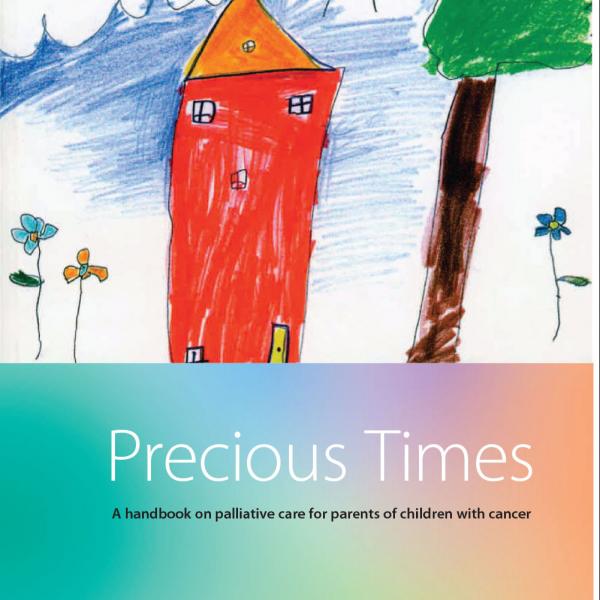

For more information
Phone
1800 200 700
